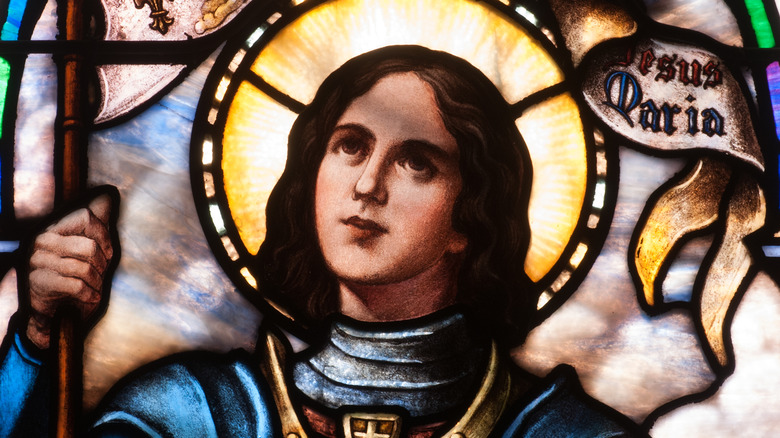What Really Happens When A Person Is Excommunicated
Many people believe that excommunication means being condemned to hell and irreversibly expelled from a church. But those assumptions are not entirely true, and in practice, excommunication is much less dramatic. According to Britannica, excommunicated people are excluded from the rites and sacraments of a church and the communion of believers. Interestingly, reformed churches prefer the term "church discipline."
In the Catholic Church, a person is automatically excommunicated when there is a flagrant violation of canon law. These offenses include rejecting the Catholic faith and its authority, abortion, heresy, disrespecting the Holy Communion, physically attacking the Pope, and violating the confessional seal (via Dummies). According to Slate, when the offense is less clear, the decision is made by a diocesan tribunal or the Congregation for the Doctrine of the Faith.
However, in both cases, the person is still considered Catholic due to the baptism. The excommunication will deprive them of most sacraments — with the exception of the Sacrament of Penance — which means they are not allowed to get married in a church or receive the Holy Communion.
Excommunication is not irreversible
In the 16th Century, Martin Luther wrote 95 theses condemning the Catholic Church for corruption, selling indulgences, and forgiveness of sins, History reports. Unsurprisingly, the Catholic Church didn't take it well. In 1521, Luther was excommunicated by Pope Leo X. Luther isn't alone, either — many historical figures were excommunicated, including Napoleon, Fidel Castro, Henry IV, Quen Elizabeth I, and Juan Peron.
However, excommunication is not irreversible. In 1431, Joan of Arc was excommunicated for heresy and pretending to be a man to join the French army. She died after being burned at the stake the same year. In 1456, Pope Callixtus III cleared all the charges against her, declaring her a saint and a martyr (via Mental Floss).
Excommunication stills happen today. In 2013, Pope Francis excommunicated an Australian priest who supported women's ordination (via The Atlantic). Later, he also excommunicated Italian Mafia members (via CNN).

